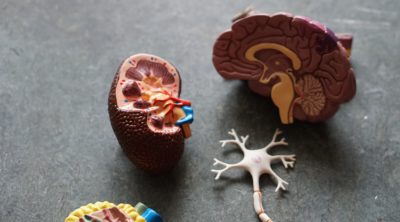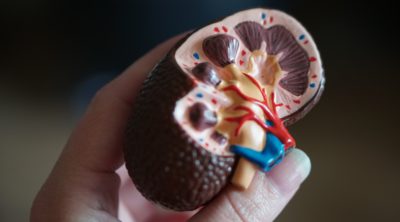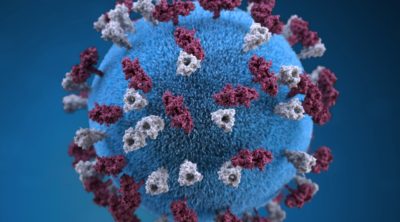
In most schools, children are told that human beings possess 5 senses. Well, for once they are wrong. There are 9 confirmed senses, 21 confirmed but less focused senses and 33 debatable human senses. Here’s an article on the most accepted human senses.
A variety of human senses are produced by body organs called the ‘human sense organs’ which receive stimuli (a change in the internal or external atmosphere) and interpret it to create a nerve pattern in the nervous system (especially the brain and the spinal cord). From there, an ‘impulse’ is sent out for the body to ‘experience’ or ‘feel’ the stimuli, and gives an appropriate response. The whole process is so complex and deep, that it is classified as a human body system on its own, called the sensory system. Let’s find out how many senses do we have.
The first person who tried to make a list of human senses was the Greek philosopher, Aristotle (384 BC – 322 BC). He was also the first one to name the five basic human senses. Later, four more senses were added to his list and then they were further differentiated to get a total of 21 or more (sometimes 33) human senses, depending on the opinion of different neurologists. A list of the human senses (those that are generally accepted), their related human sense organs and the function of human senses is given below.
List of Human Senses, Sense Organs and their Functions
Basic Human Senses
- Ophthalmoception (Eyes) Sight or visual perception
- Audioception (Ears) Hearing or auditory sensations
- Gustaoception (Tongue) Sense of taste
- Olfacoception or Olfacception (Nose) Sense of smell
- Tactioception (Skin)
Four Internal Human Senses
- Thermoception (Skin) Lack or increase of heat (temperature)
- Proprioception (Body Parts) Awareness of body parts without visual input
- Nociception (Whole Body) Sensation of pain in the body (skin, body organs, etc.)
- Equilibrioception (Whole Body) Sense of balance (determined by ear fluid)
Additional Human Senses
- Kinesthetic Sense (Whole Body) Sense of acceleration
- Tactility (Mostly the Skin) Perception of pressure
- Chemoreception (Blood and Brain) Sensation of hunger, thirst, vomiting and suffocation
- Stretch Reception (Muscles, Joint and Skin) Sense of gag reflex, gas distension, excretion, etc.
- Cutaneous Reception (Skin) Sense of skin vasodilation (like flushed skin)
- Synaesthesia (Body Parts) Combination of senses (like smiling at someone’s voice)
EXTRA SENSORY PERCEPTION*
- Sixth Sense (Small Brain) Sense of intuition (gut feeling)
- Premonition (Paranormal) Subconscious sense of future events (usually danger)
- Telepathy (Paranormal) Auditory perception of a person’s (near or far) thoughts
- Precognition (Paranormal) Visual perception of future events
- Clairvoyance (Paranormal) Visual perception of invisible objects or events
- Clairaudience (Paranormal) Auditory perception of the invisible
*Extra sensory perceptions are controversial human senses and have very little to no scientific evidence.
Importance of Senses in Human Life
A person who has absolutely no ‘sense’ of self or the world, would be someone in the grave or in a coma. In other words, ‘sense’ is very vital for a human being and it is the senses we possess, which differentiate the living from the unconscious and the dead. For a person to be alive (even to just exist in a vegetable state), most of his/her mechanoreceptors and interoceptors would have to be functioning. Apart from consciousness, the role of human senses include:
-
Motion
-
Reaction
-
Emotion
-
Articulation
-
Interpretation
-
Comprehension
-
Cognition
-
Recognition
-
Sensation
-
Perception
The study of the human senses and the human sense organs is very vast, intricate and intriguing. Each organ in the sensory system works differently and uses unique ‘sensors’. That’s probably why the findings and reports on the human senses and sense organs are varied and generally argued upon. Almost every acclaimed neurologist has his/her own method of classifying and naming the different senses in the human body, which makes it difficult to keep a track of or mention all the known human senses around the world.


